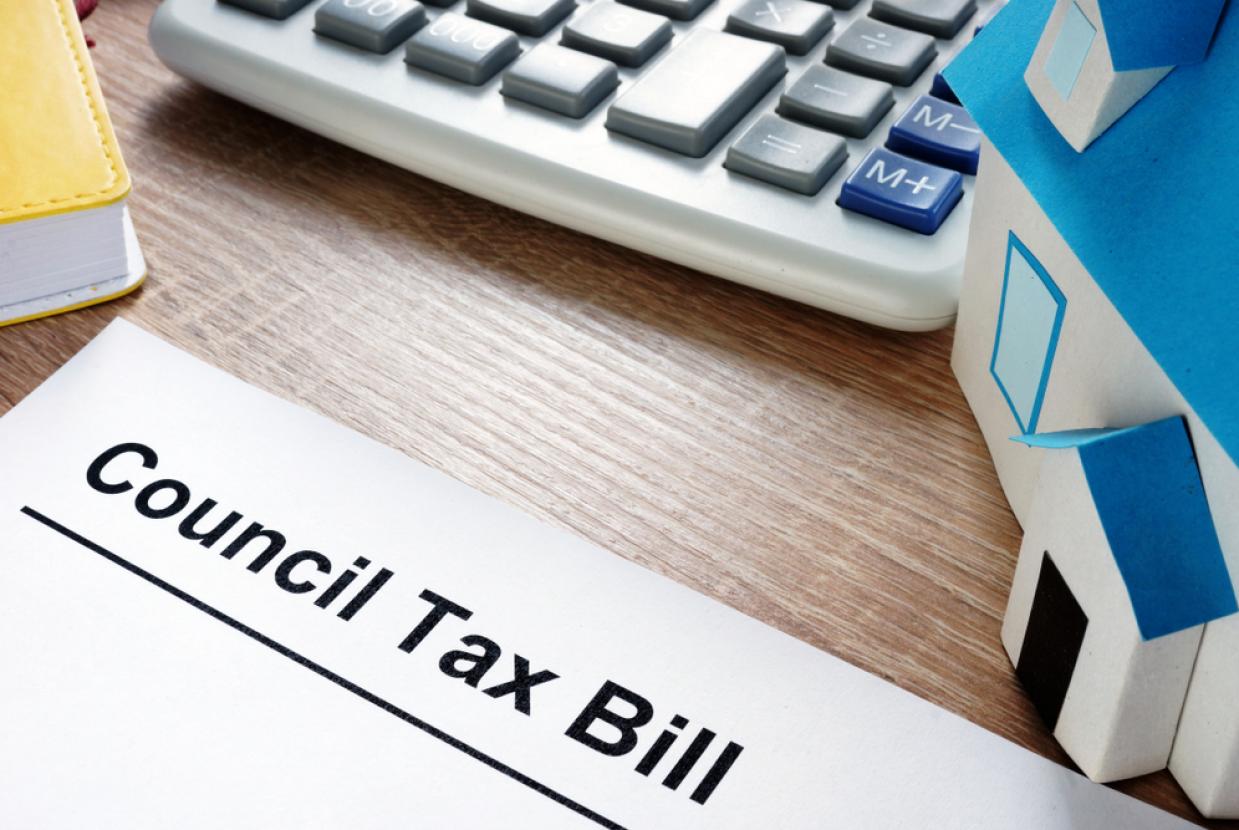Help If You're Struggling With A Payday Loan
If you’re struggling to pay back a payday loan or think that the lender has treated you unfairly, don’t panic or struggle in silence. Lots of people are in the same situation and lenders are geared up to help.
If you’re going to struggle to make payments, it’s important you talk to your lender or provider as soon as possible. If you took out a payment holiday which has now come to an end, it’s important you understand what happens next.
If you don’t contact your lender, they’ll normally follow this process:
- They might ask you to get in touch by writing to you or calling.
- They’ll then issue you with a written ‘default notice’. This gives you an opportunity to arrange how to catch up with your missed payments.
- If you don’t deal with the debt, the loan will ‘default’. This will usually be after two to three missed payments.
- When the loan has ‘defaulted’, more interest and charges could be added.
- If you still haven’t responded, your lender might seek a County Court Judgment (CCJ). This is called a decree in Scotland. A CCJ gives your lender more options to enforce repayment of the debt. Bear in mind that these measures can affect your ability to get credit with other lenders in future.
- The debt may be sold on to a debt collection agency who will make contact and ask for payment, however they are not allowed to visit the property and remove goods. If the debt is still not paid following the issuing of a County Court Judgement (CCJ), the creditor can seek to obtain a warrant of control and instruct enforcement agents (also known as bailiffs). It is only at this stage that some goods can be levied and removed to pay towards the debt.
If you tackle the problem early, there’s far less chance that any of this happening.
What to do if you can’t pay back your payday loan
If you’re struggling to pay back a payday loan, the worst thing you can do is ignore the problem. Here are the steps you can take:
Step one - contact your payday lender as soon as possible
By law, they must:
- direct you to sources of free and independent debt advice
- suspend recovery of the debt for a reasonable period if you’re developing a repayment plan with a debt adviser or on your own
- treat you fairly and with consideration, allowing you reasonable time to repay the loan which might include freezing interest and suspending charges.
- not bombard you with phone calls, emails and text messages
- consider accepting small token payments temporarily if your repayments mean you haven’t enough money left for essentials such as food, rent or mortgage, and utility bills.
Remember to keep copies of all emails and letters you sent to the lender and write down details of your phone calls to them. This is evidence of how you’ve tried to contact them if they don’t reply and you need to make a complaint.
Step two - what to think about before cancelling the recurring payment
There is a risk with cancelling a recurring payment that the company is going to charge you a cancelled direct debit fee.
It's a good idea to talk to your bank or lender about options for keeping up with payments before you do anything. You can also ask them about what will happen if you do cancel and if there'll be any fees or charges.
If you still decide to cancel, do it at least one day before repayment is due. Make sure you tell your lender you’ve done so.
Write down the date and time that you instructed your bank to cancel the recurring payment.
If after this date money goes from your account to the lender, complain to your bank. The bank must give you a refund by law. It’s a good idea to follow up your phone call with a letter to your bank.
Make sure you tell the payday lender as soon as possible that you’ve cancelled the recurring payment because of difficulties paying back the money.
You’ll still owe the debt and the lender can go on charging interest and fees so it’s important you get free debt advice to help you deal with the problem.
Step three - refuse to roll your loan over
Your payday lender might suggest that you ‘roll over’ your loan for another month or so. This is a bad idea.
It means you have to pay even more charges and interest – so you end up owing much more money. Instead, get debt advice and consider available options for dealing with your debt. Before rolling over your loan, the payday lender must signpost you to free debt advice.
Step four - get help from a free debt adviser
If you’re struggling with bills or finding it difficult to deal with a payday lender, contact one of these free, confidential debt advice services:
- StepChange Debt Charity
- National Debtline
- Citizens Advice – England and Wales
- Citizens Advice – Scotland
- Citizens Advice – Northern Ireland
- Advice NI
The adviser will be independent and acting on your best interests – they’ll help you get your debts under control and might be able to negotiate and discuss all options with the lender on your behalf.
Tell your lender as soon as you start working with the debt adviser. Follow up your phone call with a letter.
When you’ve done this, your lender must give you a reasonable amount of time to come up with a repayment plan before using debt collectors.
Other points to remember
Your payday lender shouldn’t try to put you under undue pressure, including:
- calling you at work without your permission
- discussing your debt with your employer or family members
- refusing to deal with the debt advice service acting for you.






























